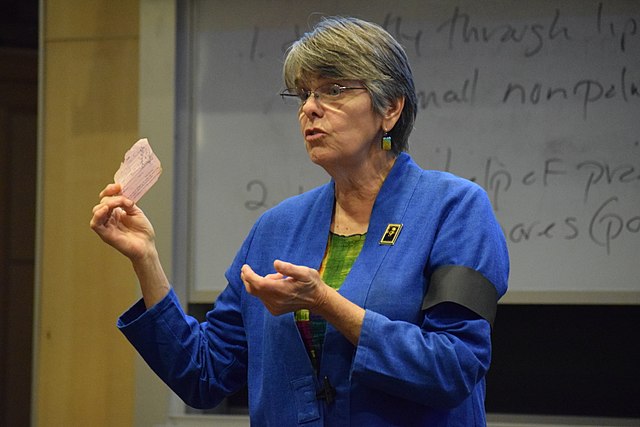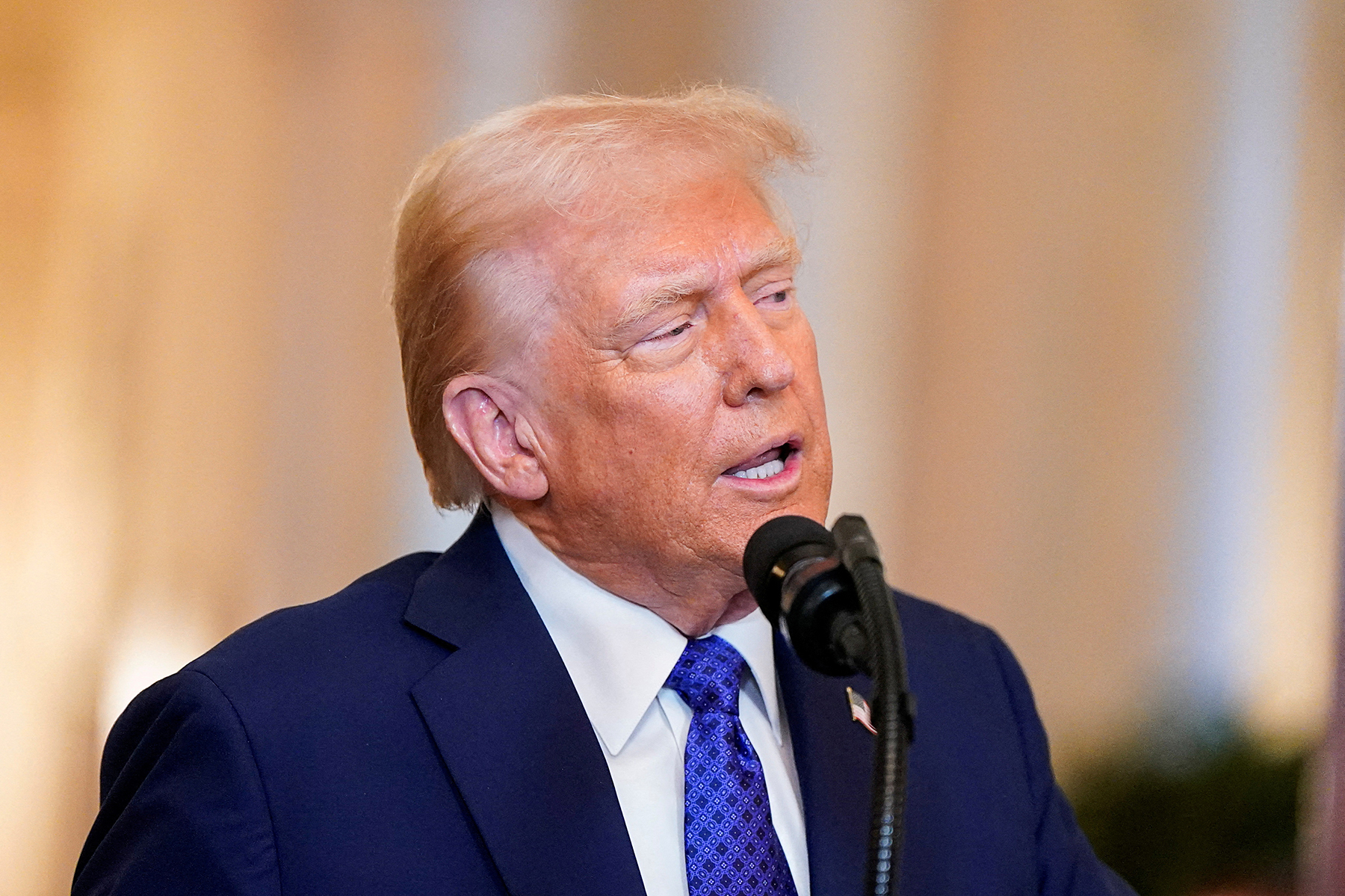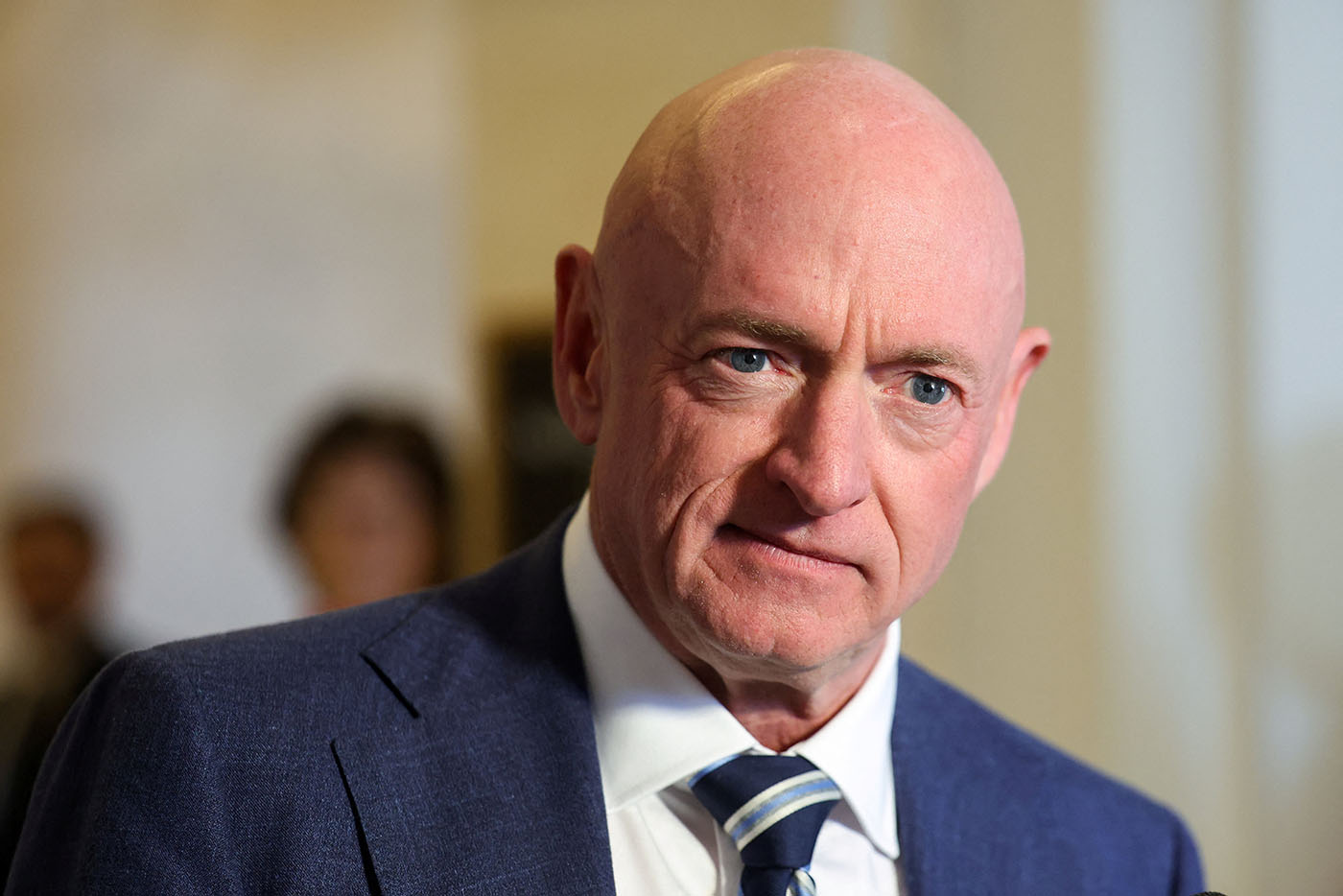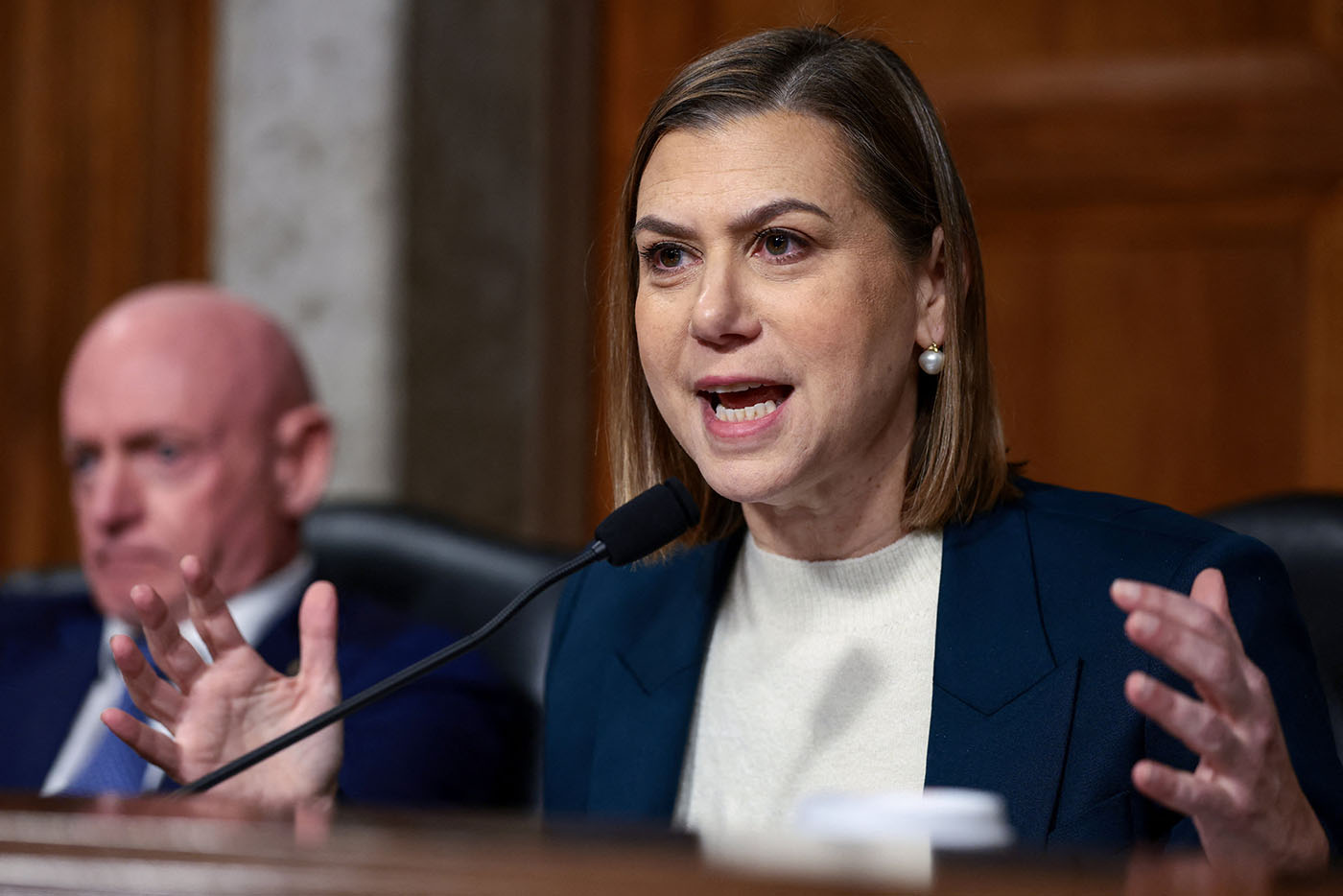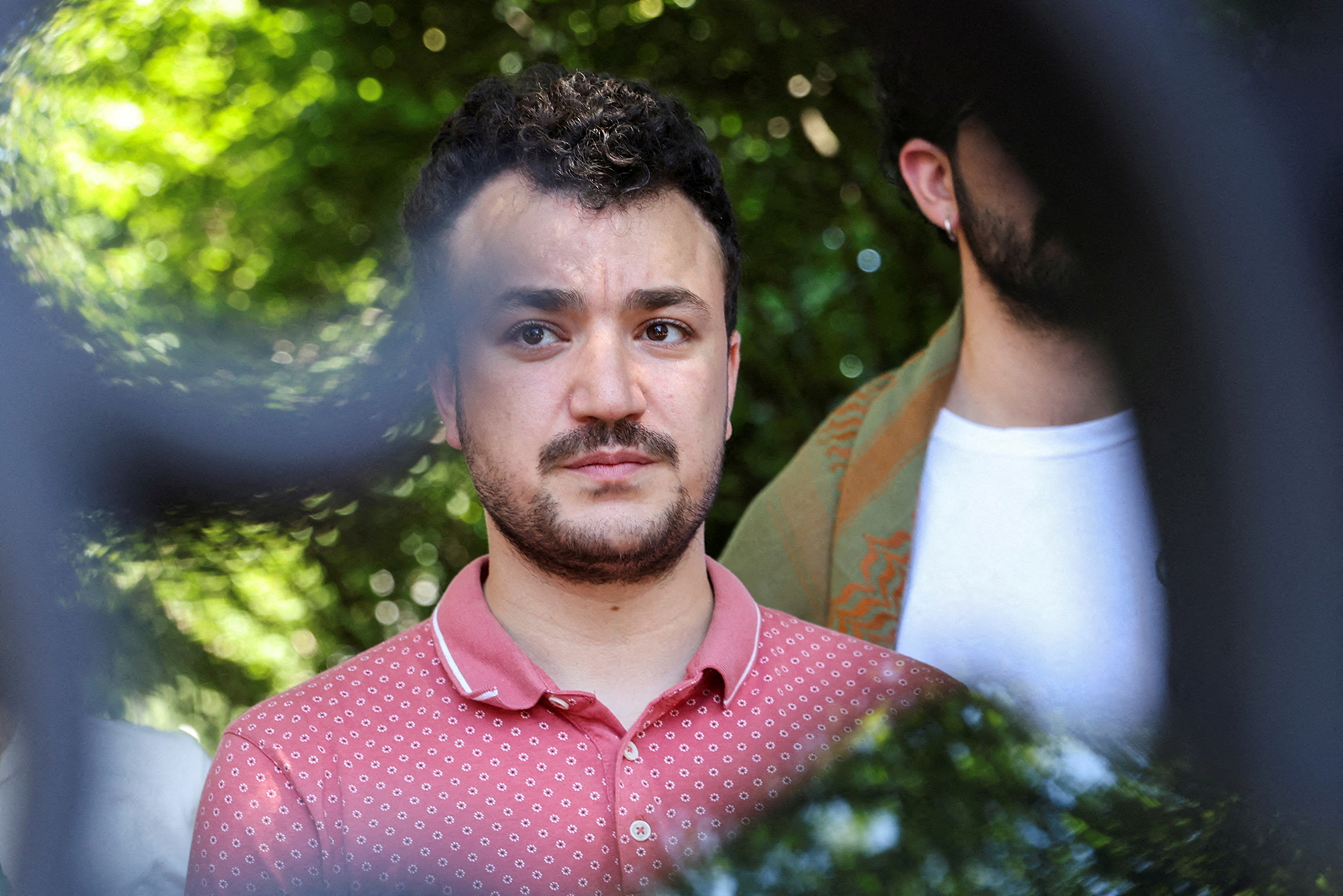February 24, 2019 marks 50 years since the Supreme Court made its landmark ruling that affirmed the First Amendment protection of students in public schools in Tinker vs. Des Moines.
Mary Beth Tinker was 13 years old in 1965 when she and a group of students wore black armbands to school as a form of protest against the Vietnam War. The school got wind of the impending protest, and adopted a policy banning arm bands in an attempt to preempt it. Mary Beth, her brother John, and another student named Chris Eckhardt, were suspended for their activity.
The ACLU represented the students and their families, and they pursued the case for four years until it ultimately led to the landmark Supreme Court decision, Tinker v. Des Moines.
On February 24, 1969, the Supreme Court ruled 7-2 that students do not “shed their constitutional rights to freedom of speech or expression at the schoolhouse gate,” meaning that the First Amendment applied to public schools. School officials could not censor student speech unless it would “materially and substantially interfere” with the operation of the school.
The Tinker decision remains an oft-quoted legal precedent.
Case Resources
Tinker v. Des Moines Opinion Oral ArgumentsLooking Back and Looking Forward
Mary Beth Tinker and John Tinker reflect on their early-age activism and their landmark case on its 50th anniversary for the Des Moines Register.
“We were not trying to make history, but we found out later that history is often made by ordinary people like us, doing what they believe to be right,” they wrote.
Des Moines RegisterDr. Thomas Ahart, superintendent of Des Moines Public Schools, cited recent examples in which Des Moines students practiced their rights guaranteed by the Tinker decision. “It might seem odd that the losing party in a legal case would celebrate the outcome, but the lesson learned is now a foundation of the district’s culture,” he wrote in the Des Moines Register.
Des Moines RegisterIowa Public Television hosted a Q&A with Mary Beth and John Tinker to honor the 50th anniversary of the Supreme Court decision.
First Amendment Watch spoke with Mary Beth Tinker about her case, and about civic engagement among youth at the National Conference on the First Amendment at Duquesne University.
Learn More
“Students’ Rights: Speech, Walkouts, And Other Protests”
Click here for an ACLU primer on the rights of students in public schools.
What constitutes “substantial disruption?”
The substantial disruption test is the standard developed by the U.S. Supreme Court in the Tinker vs. Des Moines decision to determine whether public school officials can discipline students for their speech.
Click here for The First Amendment Encyclopedia explainer on the substantial disruption test.
Tags
